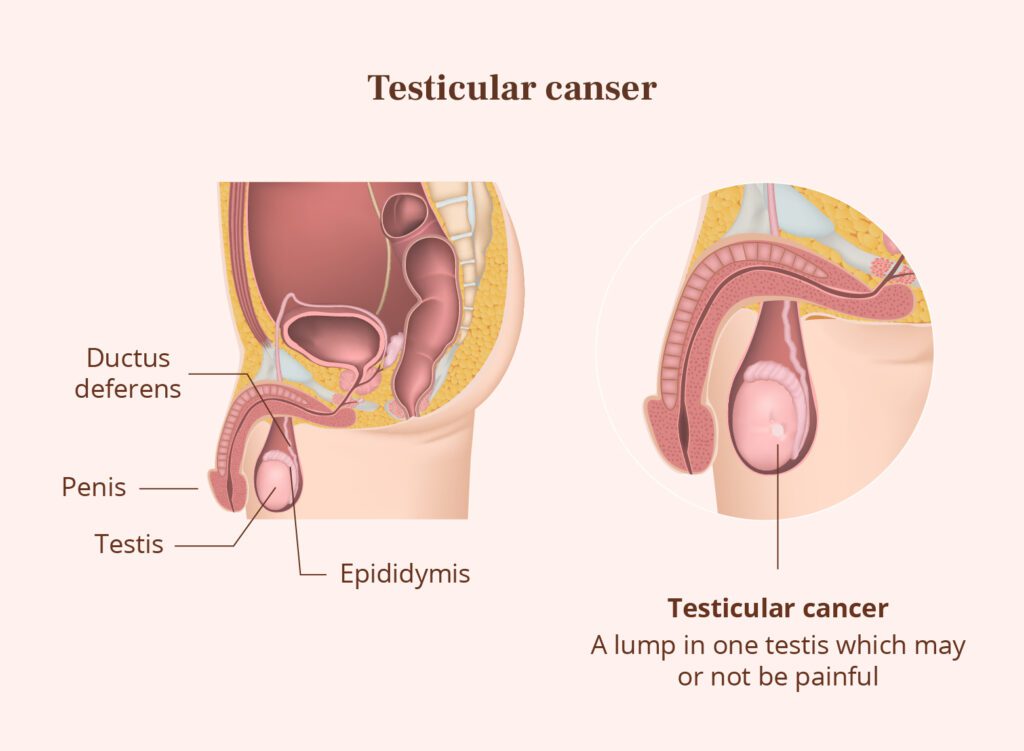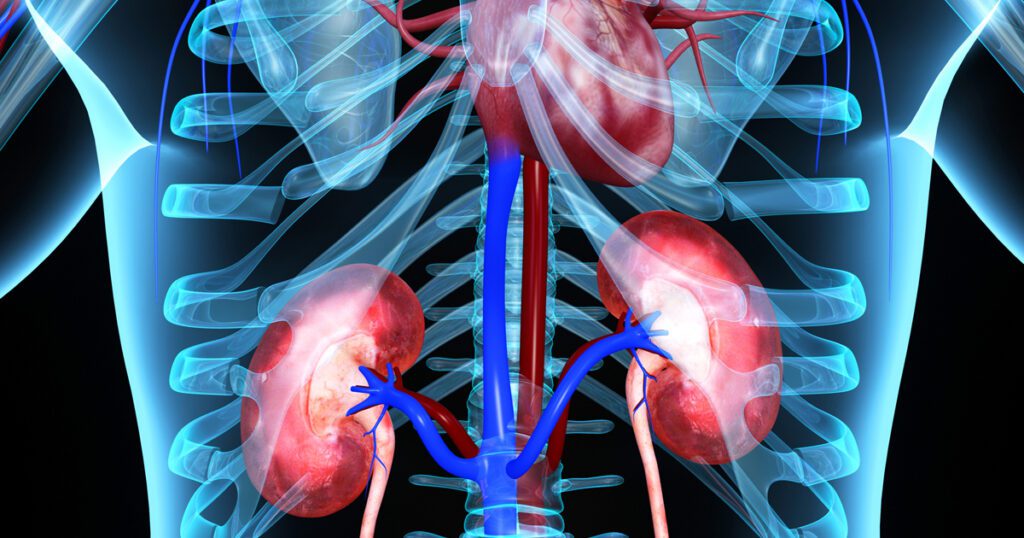Hamburgers, a beloved classic, offer a mix of good and not-so-good when it comes to health. Let’s break it down.
Benefits of Hamburgers
1. Packed with Protein:
Burgers are loaded with protein from the beef patties. Protein is essential for muscle repair, immune function, and maintaining a feeling of fullness. This makes burgers a solid option for those looking to increase their protein intake.
2. Nutrient Boost:
Beef patties provide a good source of iron, zinc, and B vitamins, all of which are vital for energy production and overall health. Iron is crucial for oxygen transport in the blood, zinc supports the immune system, and B vitamins aid in various metabolic processes.
3. Convenience:
In our fast-paced world, the convenience of burgers cannot be overstated. Quick and easy to grab, they are perfect for busy days when cooking a meal from scratch isn’t an option. This convenience factor makes them a popular choice for many.
Potential Dangers of Hamburgers
1. High in Unhealthy Fats:
Traditional burgers can be high in saturated fats, which are known to raise cholesterol levels and increase the risk of heart disease. It’s important to be mindful of the fat content in your burger to avoid these health risks.
2. Calorie Overload:
Burgers, especially when paired with fries and sodas, can quickly become calorie bombs. This can lead to weight gain and associated health issues like diabetes and cardiovascular diseases if consumed frequently and in large portions.
3. Processed Meats:
Some burgers contain processed meats such as bacon or certain types of sausages. These processed meats are linked to an increased risk of cancer due to the additives and preservatives used in their processing. Limiting the intake of these meats is crucial for long-term health.
Tips for Healthier Hamburgers
1. Leaner Meats:
Opt for leaner beef or alternative patties such as turkey, chicken, or plant-based options to reduce unhealthy fat intake. These alternatives can provide the same protein benefits without the added saturated fats.
2. Veggie Boost:
Incorporate a variety of vegetables like lettuce, tomatoes, onions, and pickles into your burger. These additions not only enhance the flavor but also add essential nutrients and fiber, contributing to a more balanced meal.
3. Whole Grain Buns:
Switching to whole grain buns can increase your intake of fiber and nutrients compared to traditional white buns. Whole grains are beneficial for digestive health and can help keep you fuller for longer.
4. Portion Control:
Enjoying burgers in smaller portions can help manage calorie intake. Pair your burger with a side of vegetables or a salad instead of fries to create a more balanced and nutritious meal.
while hamburgers can be a tasty and convenient treat, it’s important to make wise choices to ensure they fit into a healthy diet. By opting for leaner meats, adding more vegetables, choosing whole grain buns, and controlling portions, you can enjoy hamburgers guilt-free while taking care of your health. With these adjustments, hamburgers can remain a beloved part of your diet without compromising your well-being.







